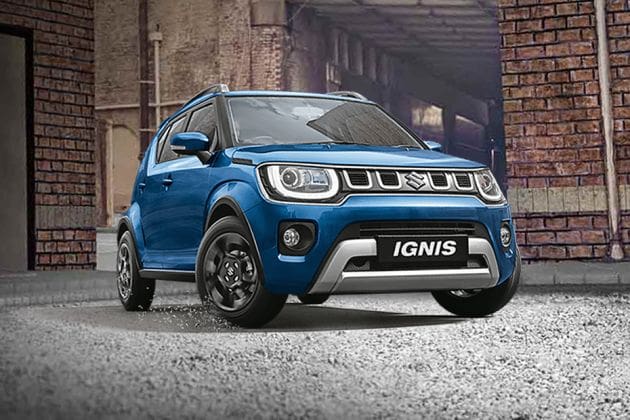Fear of third Covid-19 wave looms large over Indian automotive industry
- A feeling of deja vu is omnipresent in India and the world as the number of Omnicron cases start to rise menacingly.


The Indian automotive industry has been navigating through an obstacle-ridden course nearly two years and counting. And despite demand coming back on track post the second Covid-19 wave in the country earlier this year, the reasons to celebrate are muted by reasons to remain circumspect. Obviously then, the uncertainty around a possible third wave courtesy Omnicron variant is now dulling sentiments further at a time when the global shortage in semiconductor chip remains a challenge and there is a rising input and operational cost for brands in the country.
The dawn of 2022 is being widely seen with a fair bit of caution by the global automotive industry but this caution, perhaps, is more here than in other key markets. It is true that the semiconductor shortage is predicted to remain a headache for automotive brands worldwide for at least the first several months of the new year. In India in particular, there are also factors such as rising number of Covid-19 cases as well as northward trajectory of costs for companies.
Also check these Vehicles
Will Omnicron slam brakes on auto industry?
The fear of a third wave is ringing alarm bells loud and clear. “We see year 2022 as a neutral year as the rise of Omicron has once again created fear globally," says Vinkesh Gulati, President of Federation of Automobile Dealers Associations (FADA). “This may further impact the supply in passenger vehicles if chip making countries go under lockdown or prioritise chip making for electronics used for ‘work from home’."
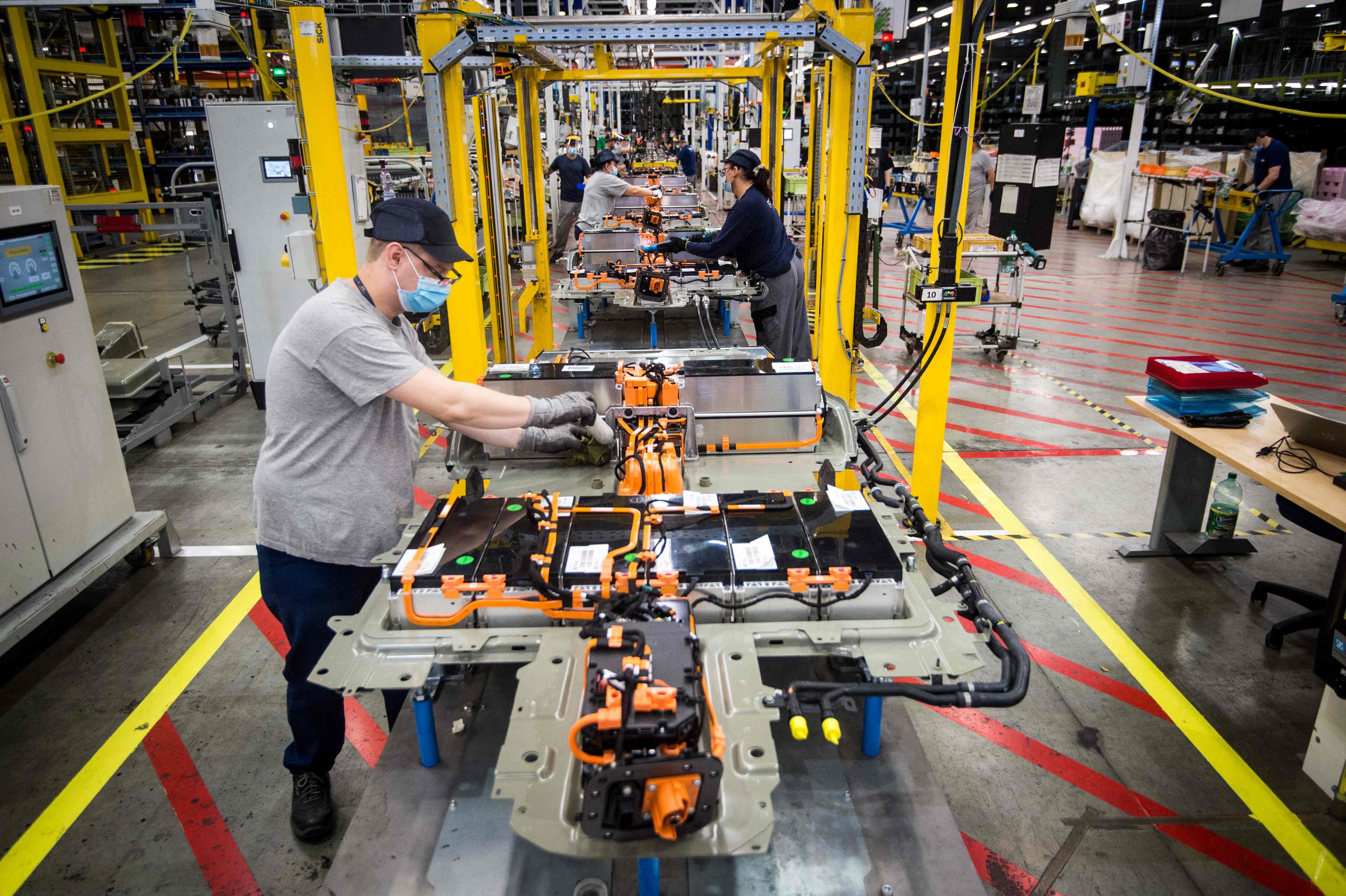

Gulati also underlines compounding problems for the Indian two-wheeler market if a third wave becomes a reality. Demand for two-wheelers, he says, has already been facing headwinds.
Also Read - Worst festive season in a decade as auto retail sales dip 18% year-on-year: FADA
Rising costs
From luxury car makers like Mercedes and Audi to mass-market rivals like Tata Motors, Maruti Suzuki and Volkswagen, a large number of brands have officially highlighted rising input and operational costs as factors that are resulting in a challenging business environment.
OEMs in four and two-wheeler segment have gone ahead to announce price hikes effective from January 1. This could be a tricky rope walk because while demand for personal mobility options is likely to remain strong, price hikes may put off potential buyers as well. It is only the pre-owned car and two-wheeler segment that could continue its bull run.
Shortage and the woeful tail of waiting times
Some very popular car models in the market have a waiting time spanning months to even a year. While this may partially be due to the popularity of the model and the consequent demand, there is also the problem of meeting delivery timelines at a time when there is an unprecedented parts shortage. The semiconductor chip shortage is unlikely to sort itself any time soon and this could result in further production and supply-chain issues.
Experts warn that a high waiting period always brings with it the chance that potential buyers defer or worse, put off plans of purchase. MG recently came out to say efforts are being made to meet delivery timelines as well as is possible. “The situation will remain fluidic in 2022 due to unpredictable factors – Covid-19, global semiconductor shortage ,freight cost and multiple other cost implications. We are constantly monitoring these factors and aligning our operations to capitalise the best output," said Rajeev Chaba, President and MD at MG Motor India. (Full report here)
MG isn't alone in either dealing with the challenge or trying to ramp up production.
The possible silver lining on an otherwise gloomy horizon could be the electric vehicle segment that is predicted to rise by leaps and bounds in 2022. The bulk of the thrust will continue coming from two and three-wheeler segments but with entry of Hyundai and MG in mass-market electric space, there is a chance that battery power could define the new year.








 998 cc
998 cc Petrol
Petrol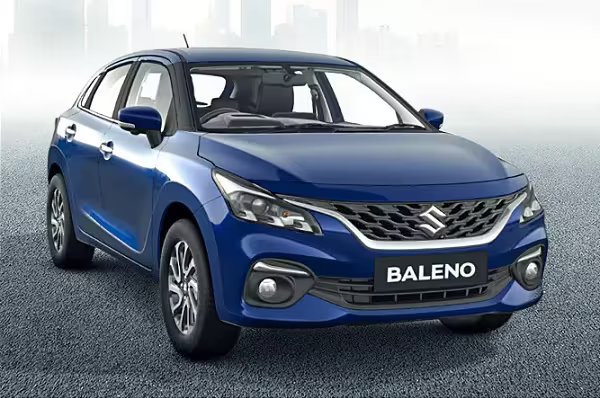
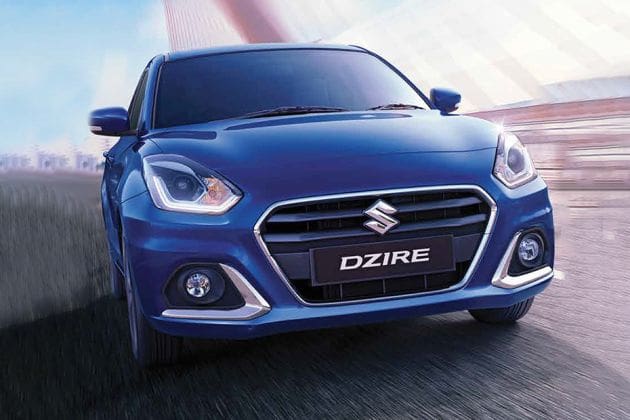
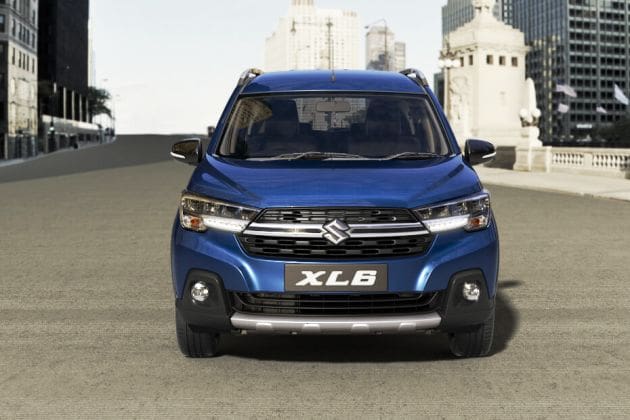
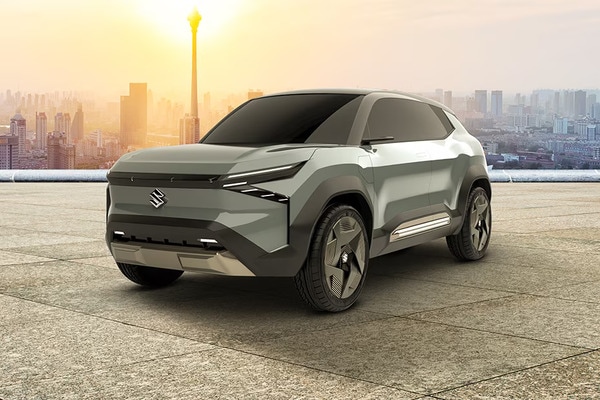
 60 kWh
60 kWh 550 Km
550 Km